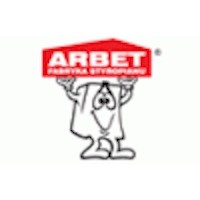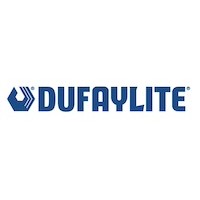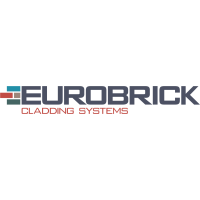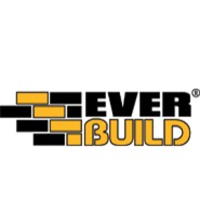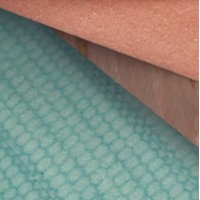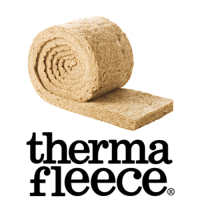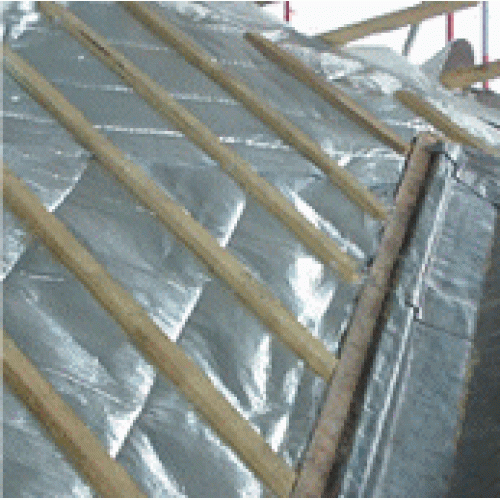Insulation Materials Shopping Guide
by Mark Row
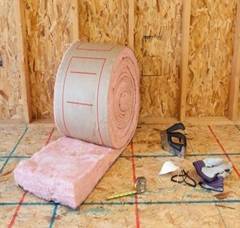 Answering the “Why”, “Where” and “Which” Questions for You
Answering the “Why”, “Where” and “Which” Questions for You
If you think that deciding to add insulation to your home is a big decision itself, you are mistaken. Although somewhat a serious investment, insulation is a necessity nowadays and should be deemed as such. This is why the decision itself is nothing compared to the decisions and choices you will have to make further on. We believe that every aspect in the process of installing insulation should be carefully considered, since as we here at Insulation Shop like to say: “no insulation is better than poor and inadequate insulation”. Now, since most people usually do not have the knowledge and the expertise in purchasing and installing insulation, we are here to help you get your facts straight so consider this your insulation materials shopping guide. We will try to answer some of the most commonly asked questions related to choosing the proper insulation product and that are why insulate, where insulate and which material to go for, so read on carefully.
Why Insulate?
Since, as mentioned before, installing insulation is not only an investment into the future but can also be a serious expense, people usually need good and acceptable reasons on why shop for some insulation material. We’ll try to give you just a few reasons, which will, believe it, be quite enough.
- Let’s start from the basics. Insulation will most certainly provide the entire building structure with extra stability and strength, thus prolonging its life which equals some money savings.
- Insulation can also take care of your moisture and condensation problems which are a common nuisance nowadays, since many materials include a water vapor layer (or are best combined with one) which will make sure that the damp does not find its way through all the gaps and holes in your construction which equals some money savings.
- The previously said can also be applied to air tightness of your home. Insulation combined with some sealant can take care of those cracks in your walls or around windows that cause air leaks which equals some money savings.
- Insulation will also reduce heat loss and heat gain, resulting in much lower utility bills during both winter and summertime, which again equals some money savings.

And this is just something to get you interested, since we will not even start to consider the ecological importance of insulation, health and overall commodity impact etc. We know that what you are most concerned about is whether you will get the invested money back over the years. Not to worry. You will multiple it.
Where to Insulate?
Another question that imposes itself in this insulation “to do” list is where to add insulation. Best is if you can insulate your entire home, but this is usually not a realistic option, since we usually have limited amounts of money for a home insulation project. If this is the case with you, we advise you to commence a detailed inspection of your home in order of determining its weak points. For example, if you are dealing with an old construction where walls are significantly damaged, that is a place worth considering in the words of adding insulation. Then, if you want to turn your attic space into a living one, your roof structure should be the one to go. Finally, if you want to add a barrier between your basement (which you use for nothing more than storage for old, unused items) and the rest of your interior, you should insulate your bottom floor. And the other way around – if you want to multiply the function of your basement space, insulating basement walls should be next on your shopping list.
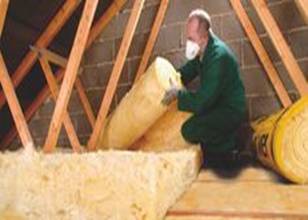
Note that, this inspection does not have to be conducted by yourself, but you can hire a professional (which can be money well spent) who will inspect each area within your home and make a professional and grounded assessment of what you might need.
Which Insulation Material to Go for?
All the previously said has led us to the final and probably most important question to answer – which insulation material to choose? This will depend mostly on the answer to the previous question, since some materials are more suitable for certain applications than others. Insulation materials classification is a very broad topic which most certainly deserved a separate article to be written about it (which we have already done, so please check so we will herewith mention only some of the most commonly used materials and advise you on their application.
- If you are shopping for the most suitable insulation material for your walls (regardless of whether we are talking about basement or upper floors walls), we recommend you go for rock wool. It is highly efficient, very easy to cut to the right shape, install and remove and what is most important, it can be found at very reasonable prices, however not affecting its quality.
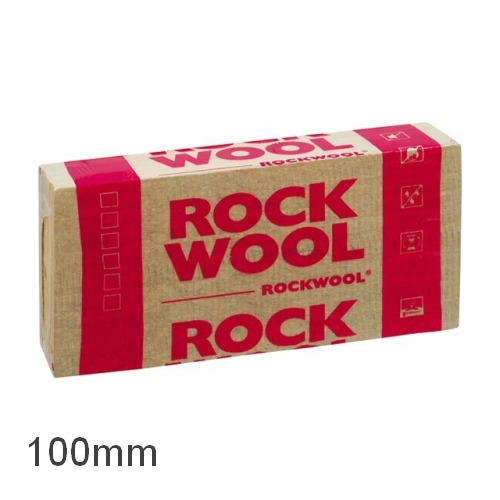
- If you are thinking about insulating your roof space, we would advise you to go for some radiant barrier system, since probably the greatest source of heat gain during summer is poorly insulated roof space and why not reflect all that energy instead of absorbing it and letting it pass through the roof and affect your inner temperature. One such system includes reflective foil insulation, which, again (surprisingly) can be found right here at Insulation Shop pages, so look no more.
- Finally if your basement walls or foundation insulation is included into your shopping guide, your choice should be any of the rigid insulation boards (PIR, PUR or phenolic). They can be simply bonded to the previously flattened wall surface or laid on top of the slab and footing so that they are both protected from the harmful underground processes. A good thing is that, for all of you that expect more from your insulation product, you can even opt for a combination of rigid insulation boards and some reflective foils, which can be found in, for example in PIR boards.
For more information about purchasing insulation materials online, or which ones are perfect for your insulation projects, please read related blog articles and product descriptions on our website, and feel free to contact us with your questions.




